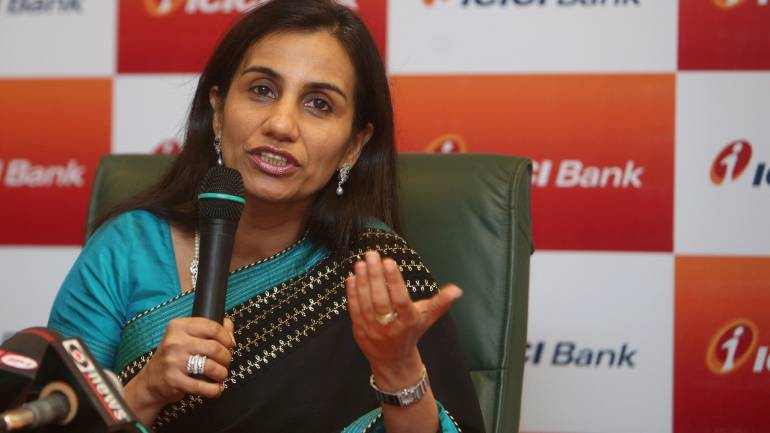Ravi Krishnan @writesravi moneycontrolnews


The board of ICICI Bank has been quick to take action on Chanda Kochhar after Justice BN Srikrishna’s investigation found the former MD & CEO guilty of violating the lender’s code of conduct. But Kochhar’s indictment is as much an indictment of the board itself and its processes.
Srikrishna’s enquiry report – or at least, the portion that ICICI Bank has made public - boils down to two things. One, Kochhar should have recused herself from the loan sanction committees when she faced a conflict of interest. Two, she did not disclose this when required to do so under the bank’s code of conduct and SEBI guidelines
Kochhar has defended herself by saying that ICICI Bank has a system of committee-based collective decision making and “the organization design and structure obviate the possibility of conflict of interest.”It’s heart-warming that ICICI Bank has such a robust structure in place, but why did it prevent Kochhar from recusing herself from the loan committees? Why did she not disclose this potential conflict of interest, especially when seven members of the Kochhar family had links with the Videocon group as early as 2001? Then, of course, there is the matter of Rs 64 crore which Videocon supposedly transferred to NuPower a day after getting its loan from ICICI, which the CBI has concluded as a case of quid pro quo. Of course, this is just an FIR, and the CBI has to prove the case, but Kochhar would have done well to clear the air on this matter. Public figures, especially those heading institutions that hold public money, should be held to higher standards.
That brings us to the board. It is all very well to quickly punish Kochhar and claw back her bonuses of 9 years. How about clawing back the sitting fees and other perks of board members who blithely gave her a clean chit in the first place?
The board not only “expressed and reposed full faith and confidence in Kochhar,” but also “concluded that there is no question of any quid pro quo, nepotism or conflict of interest as is being alleged in various rumours.” Now of course, it has egg on its face. Yes, a lot of responsibility lies with Chanda Kochhar: she had to make the disclosures. But the board appeared beholden to a superstar CEO because of the unseemly haste with which it gave her a clean chit. It was only after a public outcry did the board agree for an external probe. Simply put, it failed in its duty.
However, by making Kochhar the poster girl of all that is wrong with the bank, the board continues to fail in its duty. It has to look at itself in the mirror. This is the right time for the board to clean up the system and figure out how to make the processes stronger, find out who else has potential conflicts of interest.
Now, this is a point worth belabouring because repeatedly boards are failing to uphold corporate governance standards in India. ICICI is not the only case. IL&FS is still fresh in public memory. These cases are a wake-up call for boards and independent directors to do their job. They have a fiduciary responsibility towards shareholders and should set the tone at the top.One final point merits mention. Whistleblowers are coming of age in India. Kochhar’s indictment is a victory. Previously, we have seen whistleblowers bringing about changes in Sun Pharma and the National Stock Exchange. That’s a good sign. It will boost corporate governance standards and keep CEOs on their toes.
First Published on Jan 31, 2019 09:13 am
No comments:
Post a Comment